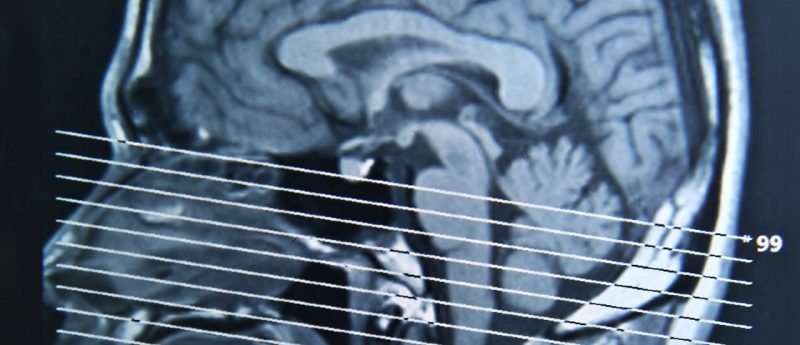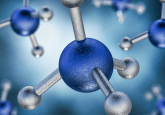New biomarker associated with group of metabolic diseases

Researchers from the University of Pennsylvania (PA, USA) have identified a new biomarker, termed spermine, associated with a rare group of metabolic disorders, mucopolysaccharidoses (MPS). Detailed in the findings, published in Human Molecular Genetics, the team screened cerebrospinal fluid (CSF) metabolites in MPS affected canine models.
This group of metabolic disorders, mucopolusaccharioses, share common symptoms which include vision and hearing problems, heart problems and hernias with approximately 1 in 25,000 births in the US resulting in a form of MPS.
Senior author, James Wilson, Director of Orphan Disease Center at Penn (University of Pennsylvania) commented: “This new biomarker for CNS symptoms in MPS patients may help families better understand their child’s diagnosis and prognosis and should help clinicians and regulatory agencies to evaluate the efficacy of new therapies.”
The team demonstrated, from the assay results, an elevation in spermine in MPS affected animals. However, when gene therapy was utilized to reduce the levels of CSF spermine, the brain lesions were corrected.
When investigated in humans, CSF spermine was elevated in four MPS subtypes which were associated with cognitive declines. However, in two subtypes cognitive function was preserved. Elevated CSF spermine, in MPS I patients, was restricted to individuals with genotypes associated with CNS disease.
Researchers demonstrated that hematopoietic stem cell transplantation was the only treatment able to improve cognitive outcomes by reducing CSF spermine.
Wilson concluded: “The mission of the ODC is to enable the development of novel diagnostics and treatments for rare diseases. We are offering access to this biomarker to the orphan disease research community for all research purposes at no cost to enable labs to freely conduct assays for their own research and patients’ needs. The only way we will move ahead in our field is to openly collaborate in the pre-competitive space, during the early stages of development of biomarkers and treatments.”
Sources: Hinderer C, Katz N, Louboutin J-P et al. Abnormal polyamine metabolism is unique to the neuropathic forms of MPS: potential for biomarker development and insight into pathogenesis. Hum. Mol. Genet. doi:10.1093 (2017); www.eurekalert.org/pub_releases/2017-08/uops-nbf080717.php




